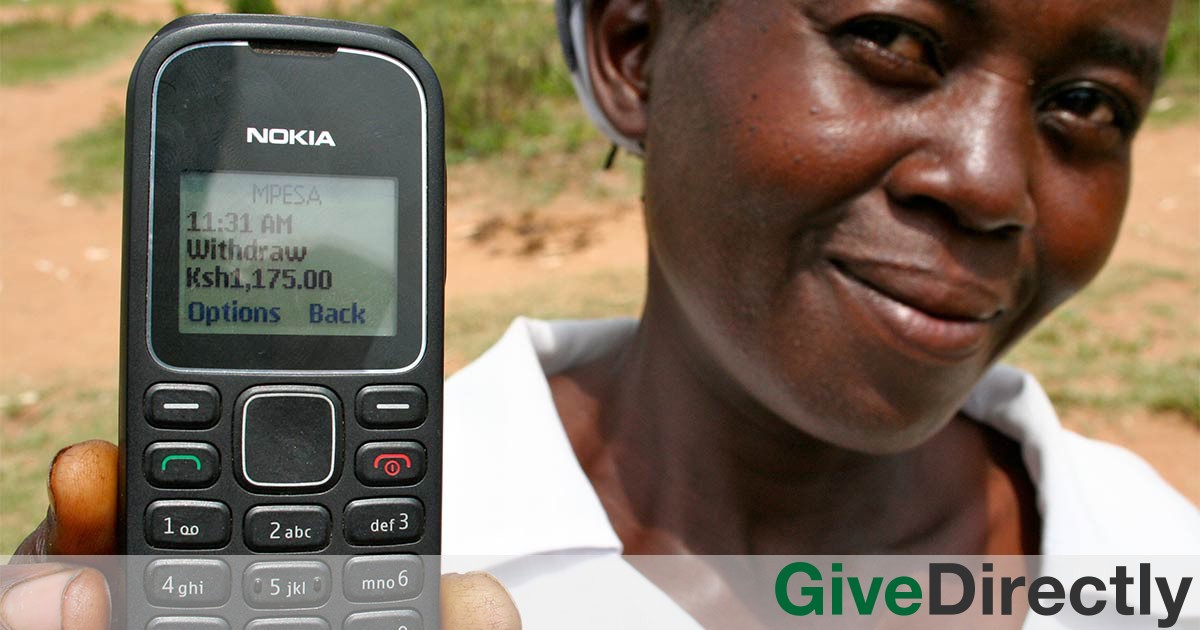Research shows that when people who live in poverty unexpectedly receive cash, they spend it on productive things. Contrary to popular belief, they don't spend the money on unnecessary items, they spend it on what they need the most.
GiveDirectly stands out as the leading organisation in this field. The organisation is currently carrying out research in Kenya's villages to see if a constant basic income is for people to overcome extreme poverty.
GiveDirectly provides people with ATM cards, and money to spend on whatever they need is deposited into these cards periodically. “Here’s your money, do what you want with it.” Although there are no limitations to what people can do with their money, GiveDirectly has specific selection criteria to ensure that people who participate actually want to improve their life quality.
A charitable organisation in the 21st century giving money away may come across as regressive. GiveDirectly doesn't provide training, education, or health services along with the money; however, there is a reason behind this. Previous research has shown that people in these communities know what they need and in what priority better than decision makers in organisations.
Cows or language workshops may be completely useless, while straight cash may give these people the opportunity to take the necessary steps towards a better future.

GiveDirectly has observed that people spend the cash they receive on food, fixing roofs, and starting small businesses such as tailoring services. Furthermore, upon receiving the money, people felt happier because of the temporary stress relief that comes from not having to worry constantly.
Happiness should not be underestimated, especially in the case of extreme poverty. Being happy won’t make anyone less poor, but it can empower people to make better life decisions.
The model, as hopeful as it sounds, is not yet perfect; relief is not permanent. There is little evidence that it helps people long-term and research shows that progressing to the next step, for example growing the business past subsistence, becomes impossible without more cash input. Moreover, although people eat more and better food, overall health and school attendance does not improve.
Further research is needed to comprehend the long-term effects of sending people direct cash. This is why GiveDirectly is carrying out a 12-year-project in which they provide an unconditional basic income to people in Kenya’s poorest villages. It will take years to fully analyse the impact of cash transfers, but if this model works, it will definitely change the charitable giving sector — hopefully for the better.
GiveWell, which reviews and rates charitable organisations on their effectiveness, has rated GiveDirectly as one of the top organisations. The organisation is also led by top experts in the humanitarian fields such as Jacquelline Fuller, the president of Google.org and previous director of the Melinda Gates Foundation.
All in all, if the intervention appeals to you, do not hesitate to donate to GiveDirectly. You can even check their LIVE data feed on their website, unfiltered, unedited stories of what people buy with donations. While your donation might not eradicate someone's poverty instantly, you can give them some breathing space to think about the future.




